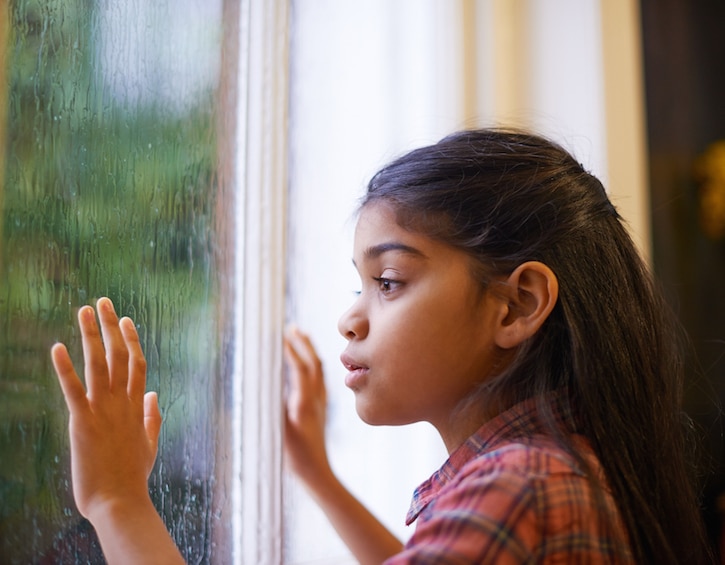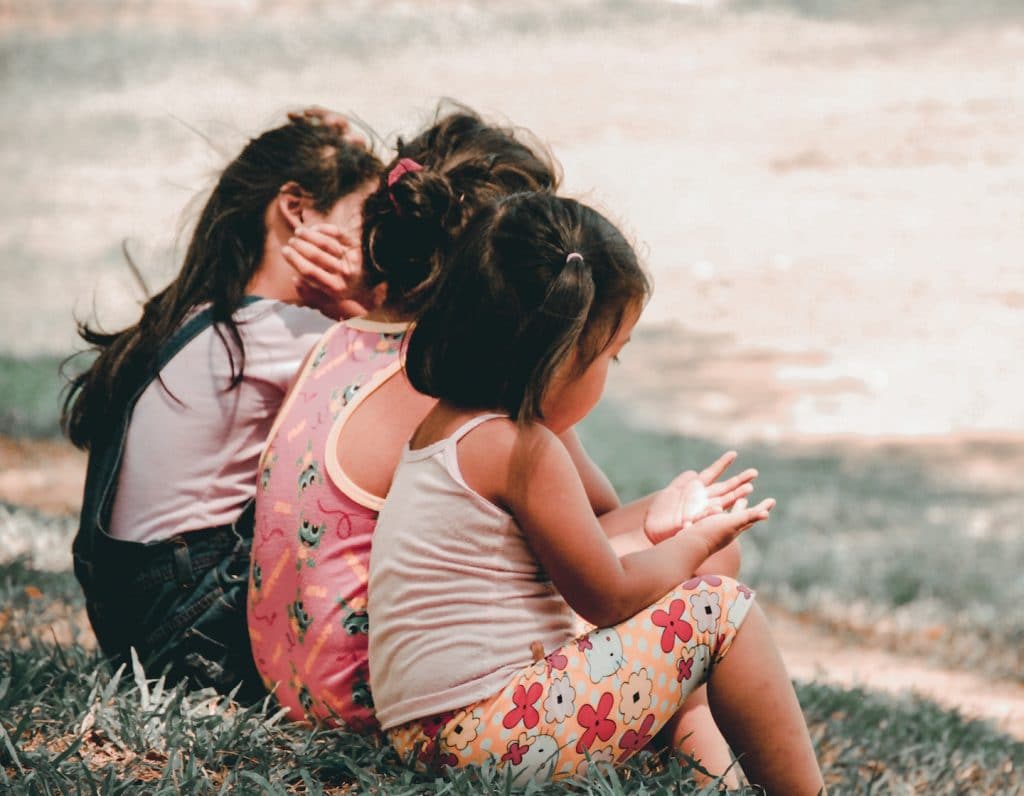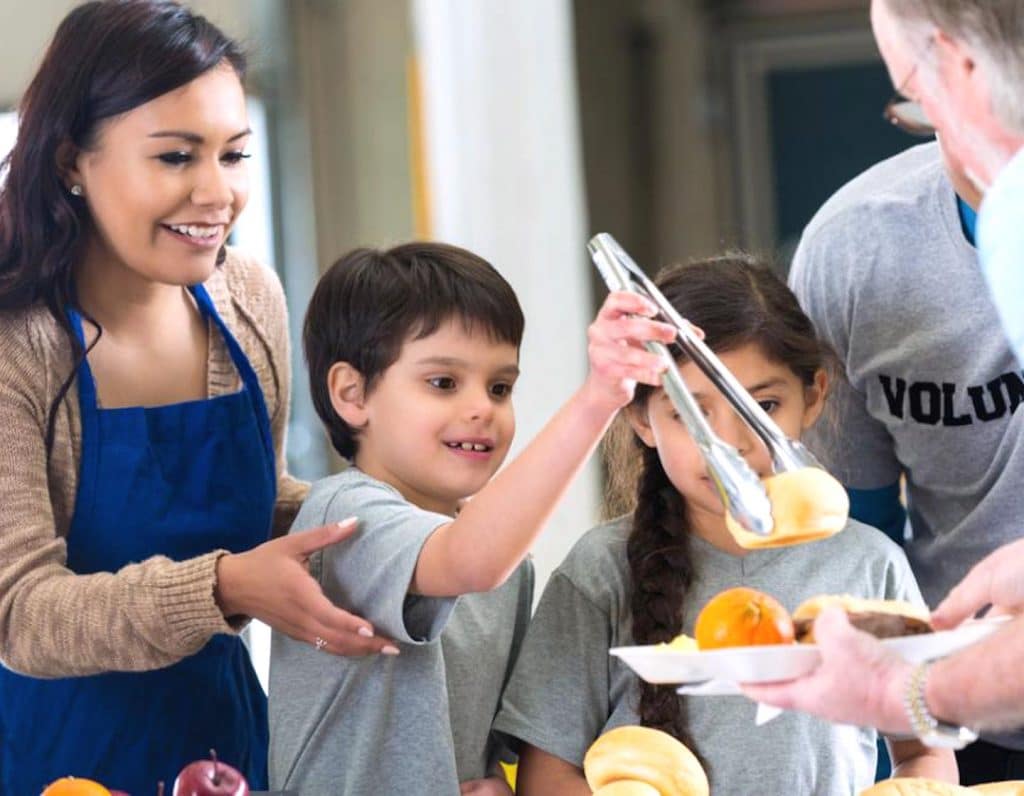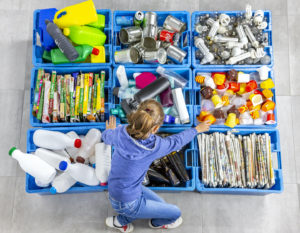
 Post Category - ParentingParenting
Post Category - ParentingParentingA school counselor shares tips on how to help your kids cope with friends leaving Singapore
As expats it is inevitable that our children’s friends will come and go. ‘The Stayers;’ the ones who are left behind, are somewhat under recognised. When the friend leaves, they will leave a big gap in your child’s life and the idea of a long-distance friendship can seem scary and difficult to adjust to. This article is intended to be a guide for parents to support their children through this transition.
The importance of modelling
Be calm yourself, even if you are not sure how it is going to turn out for your child. Our children take their lead from how we deal with situations. Talk to your child about their friend moving at a time when you feel calm. Think about what you can do you to reduce your own stress levels to be most helpful.
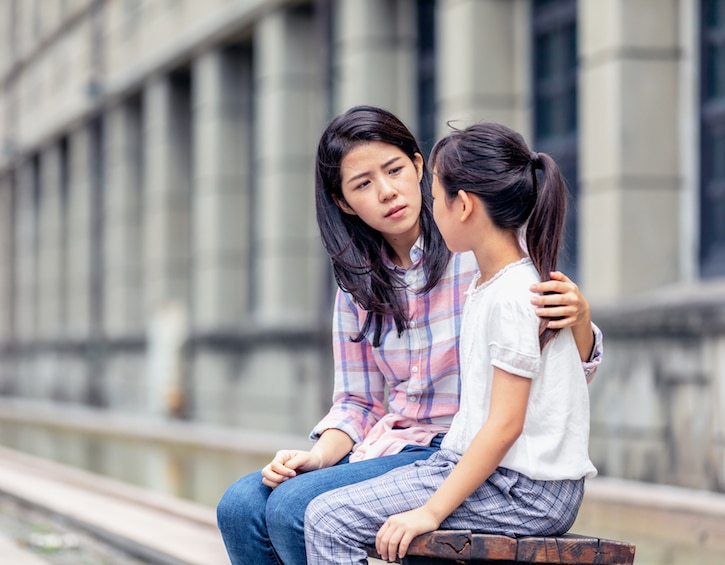
Listen well and take notice of feelings
Let your child know that it is okay to be experiencing all sorts of emotions. Let them know that they can chat to you any time. Keep the door open for those conversations. We so want to make it better for our kids by saying things like “You’ll feel better soon” or encouraging them to get over it and move on. However, this minimises their experience and may deter them from sharing with you. Remember, we really want to keep the door open, if your child comes to you to chat or with questions then if possible, engage and be there.
A great way for the child to feel heard when you are having these conversations is for you to reflect the child’s feelings. Try naming the feelings that you see or hear– “I can hear that you are worried about that.” Using open-ended questions (which don’t have a yes or no answer) is another useful way to keep the conversation flowing. In addition, normalising whatever they are feeling and modelling that that’s okay may also help the child feel more at ease. Something like “It’s okay to feel sad at a time like this, I feel sad, too.”
Encourage them to share their feelings with their friends, close family members or a trusted teacher at school too. If it is difficult for them to articulate feelings, encourage them to say how they are feeling out loud in private, or write it down. Drawing out feelings or writing a song or poem might also help. Encourage them to do whatever feels right for them to express themselves. Do not forget that you may also need to talk about how you are coping with a trusted and supportive family member, friend, or colleague.
Typical responses
Your child might be sad or angry more often; this is normal. Knowing that they will not be able to see their friend as much is painful. They might even feel jealous that their friend might make new friends or worry that they will be forgotten. They may fear that they will be alone when their friend goes and that they will never finding another close friend like them. They may catastrophise and start to imagine how awful it is going to be without their friend. Notice when your child seems low and encourage them to do something to lift their mood. Help them to think about what this might be, at a time when they are feeling okay, and perhaps make a list together. These are their coping strategies and they will vary from child to child. Some may like to do something musical; others will be artistic; others might like to get up and move and some might like to stay still; meditating or reading. Remind your child that whilst it feels devastating and there is no doubt that the friendship will change, it does not mean that it will have to end. They will still be there for each other. With effort, their friendship will continue, but in a different way.
Other practical things
Spending time with your child – both as a whole family and one-on-one with just you – will help them to feel safe and supported. Use the power of distraction at this challenging time to do fun things, laugh, and let them know when you notice things that you appreciate about them as a person. Encourage them to remain active as exercise breaks down stress hormones. They also might need time alone, find a balance between connecting and letting them have space.
Help your child to think about how they will stay in touch before the friend leaves. This might be through social media, email, old-fashioned letters, FaceTime, or phone – whatever works them. It may help to have a regular time to do this. Encourage them to make memories with their friend before they go. Brainstorm ways that they can spend time together before the friend leaves, virtual playdates, trips to the park (if allowed) and the like. Perhaps your child would like to get together with other friends and throw a farewell party, or if your children are younger, the parents might like to work together on this. It could even be a surprise bash. Encourage them to take lots of photos, make videos, photo albums, scrapbooks. They might like to write a farewell card or buy or make a special gift. Some children enjoy writing a letter, making a video or collage.
Know that no matter how much planning goes on that final goodbye is going to be tough and there will most likely be tears. This is another opportunity to listen, reflect feelings, normalise, and be there.

Give choices
Unwanted or unanticipated change may lead to feeling out of control, even for the most flexible and adaptable of children. One way that you can help with this is to offer lots of choices. This helps the child to feel in control in times of change. Try empowering the child with choices, not necessarily about their friend’s departure, but with small decisions that impact them. For example, what to do as a family activity, meal planning, etc…
Help them remember previous successful transitions & coping well
Help your child to remember a time when they faced a significant change and successfully managed it, despite not being sure how it will turn out. You might like to ask them something like “Do you remember how scared you were when it was time to move to Singapore?” Ask your child what they did then that helped them get through it, you may be able to draw out more coping strategies. Do not be afraid to share your stories of times of change and how you coped well too. And remember to do things that help you to relax at this stressful time, too!
After the off
Help them to remember and get organised for birthdays and other celebrations and support them in sending their best wishes. Talk about the next time they may be able to see each other if that is possible. Do encourage time spent both on and offline with new or remaining friends. Help them think of ways to widen their social circle. Perhaps there are clubs that they could join to meet others with similar interests? Do remember that they will not recover straight away form this loss; they may well be upset, a bit down and angry for a little while. Building an ‘attitude of gratitude‘ can be a good way to lift mood. This might be done as a daily family activity, or your child might like to list a few things each day before bed that they feel thankful for.
Plant some ‘You-can-deal-with-this’ seeds
It is okay not to have all the answers to every question or to know how every detail will play out. Be honest saying “I’m not sure how it’s going to go either, but I’m sure you’ll cope.” It is very important to tell your child that they can cope with their friend moving on. This helps them to believe in themselves and feel capable. Resist the urge to ‘fix’ the problem for your child by ‘rescuing’ them or advice-giving. This is a teachable moment for you both. Trust in both your ability to get through this.
Remember that times of challenge and change build resilience, wisdom, and strength and you, your child and their friendship can weather this change.






 View All
View All




 View All
View All









 View All
View All


